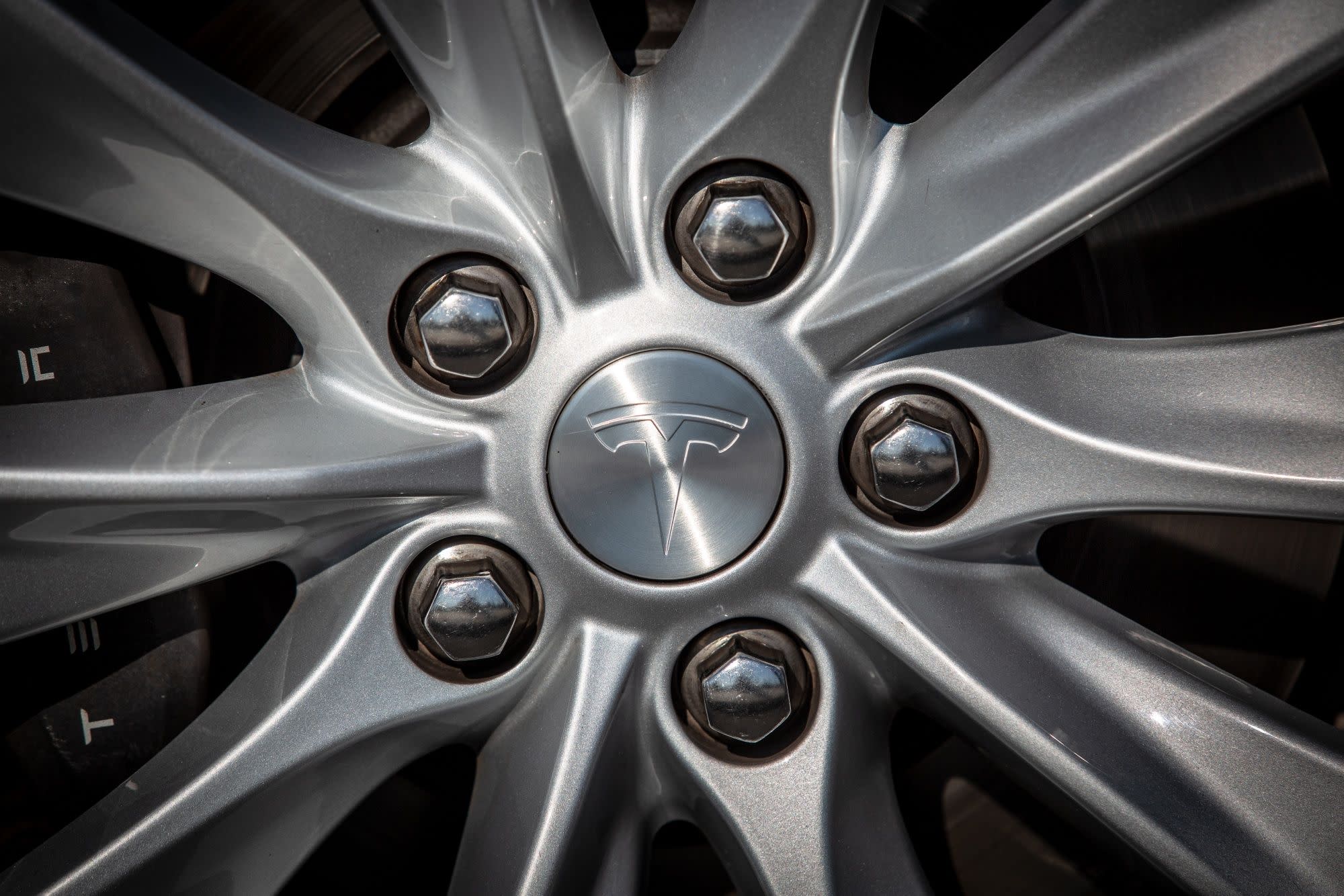(Bloomberg) – Tesla Inc. is closing a deal to manufacture electric vehicles in India for the first time, opening up a new growth opportunity after starting production in China.
Tesla chose Karnataka, a southern state whose capital is Bangalore, for its first plant, the state’s chief minister said over the weekend. The automaker has been negotiating with local authorities for six months and is actively considering car assembly in the suburbs of Bangalore, people familiar with the matter said.
Tesla did not immediately respond to requests for comment and did not confirm the minister’s statement.
The company is conducting due diligence for office properties in the region and plans to open an R&D unit, people said, asking not to be named because the matter is private. Tesla focused on Bangalore because it is preparing to be a center for electric vehicles and aerospace manufacturing talent, they said. Tesla incorporated its Indian unit and registered offices in central Bangalore.
CEO Elon Musk almost confirmed that Tesla would enter India in January, after months of speculation. The richest man in the world on January 13 tweeted “as promised” in response to a report on a Tesla-focused blog that the automaker was in negotiations with several Indian states to open an office, showrooms, a research and development center – and possibly a factory.
That revelation sparked euphoria in locals like Nikhil Chaudhary, a 20-year-old student at the University of Delhi who helped found Tesla’s Indian fan club in 2019.
Despite the hype, Tesla’s foray into India may well be a challenge. The country has yet to launch the welcome mat for EVs like neighboring China, where Tesla set up its first factory outside the U.S. and now dominates sales of premium EVs.
EVs account for about 5% of annual car sales in China, according to BloombergNEF, compared to less than 1% in India.
“Considering the price of a Tesla, Elon Musk will probably not be able to sell an EV to the majority of the population in emerging economies,” said Pedro Pacheco, senior research director at Munich-based Gartner Inc. “However, looking at the population size and economic growth potential, Tesla is likely to target a rapidly growing group of wealthy individuals that, in absolute terms, compares favorably to what we see in many developed countries. “
Charging points
Tesla of Palo Alto, California, can also use any Indian factory as an export base, leveraging multiple markets at the same time, Pacheco said.
The expensive cost of a Tesla is seen as an obstacle by other market observers as well. Basudeb Banerjee of Mumbai, an analyst at Ambit Capital Pvt, noted that “the size of the luxury car market in India is miniscule, with brands like BMW, Mercedes, Audi and Jaguar Land Rover accounting for only 30,000 to 50,000 annual sales.”
Read more: Jaguar that becomes fully electric marks the new CEO’s recovery plan
And despite India’s broader potential, charging infrastructure remains another obstacle to large-scale EV adoption.
According to the International Energy Agency, around 60% of the world’s slow and fast loading public points are in China. While Chinese automakers are launching competitive EV models and developing a diverse ecosystem, the country is “moving to disrupt the current global automotive industry landscape,” analysts at UBS Group AG wrote in a report last month.
India has made similar moves, but not yet on the same scale.
In 2015, it launched a Faster Hybrid and EV Adoption and Manufacturing (FAME) plan, with a commitment of 9 billion rupees ($ 123 million) in subsidies that cover everything from electric tricycles to buses, according to IEA. A second generation of the FAME program introduced in 2019 was larger, with 100 billion rupees to encourage the purchase of EVs and build a charging infrastructure.
India also cut the VAT on goods and services on EVs from 12% to 5% as of August 2019, much lower than the rates of up to 28% applied to other motor vehicles, which have drawn criticism from companies such as Toyota Motor Corp
Read more: India has 150 million drivers and only 8,000 want electric cars
(Updates with analyst comments in the 11th paragraph.)
For more articles like this, visit us at bloomberg.com
Subscribe now to stay up to date with the most trusted business news source.
© 2021 Bloomberg LP
